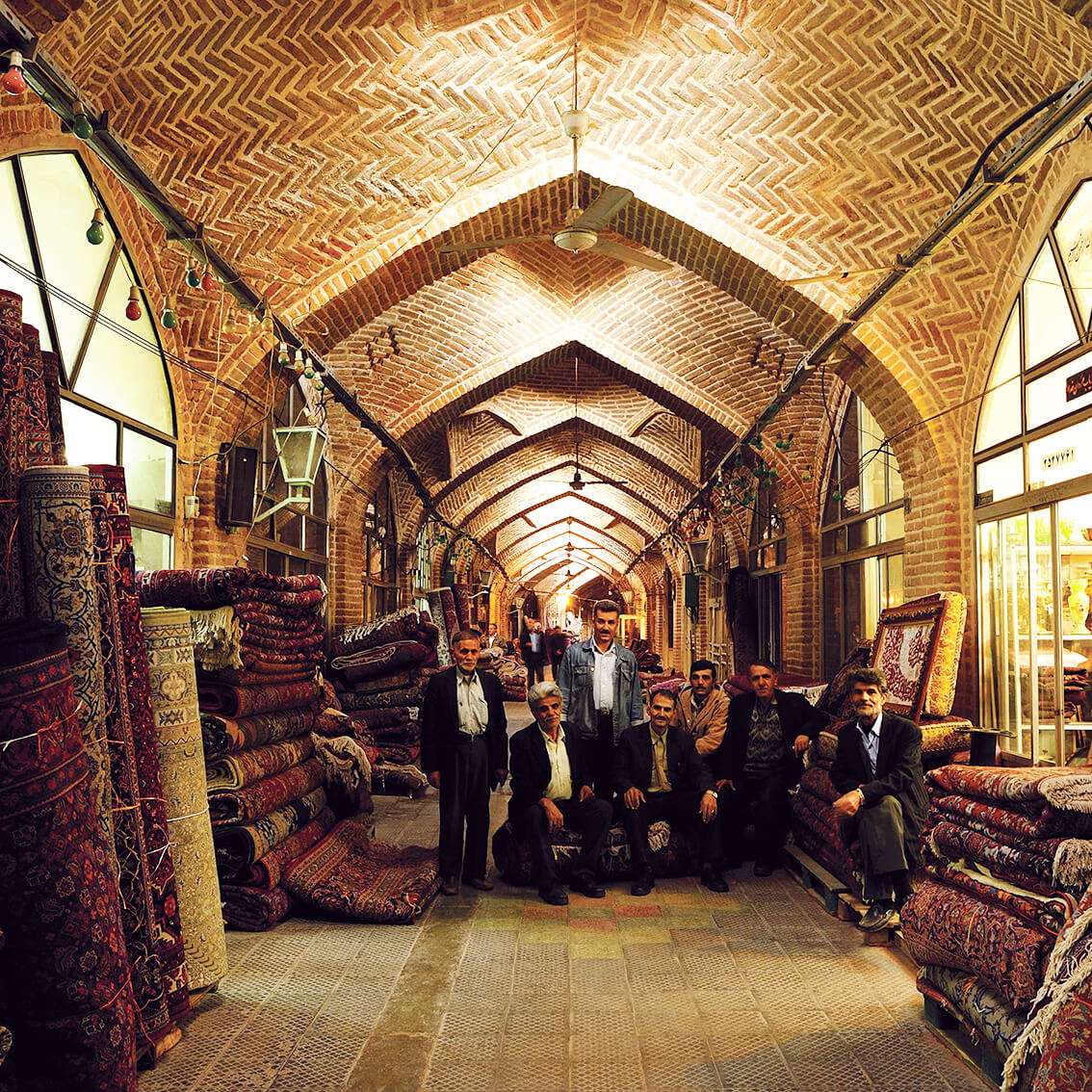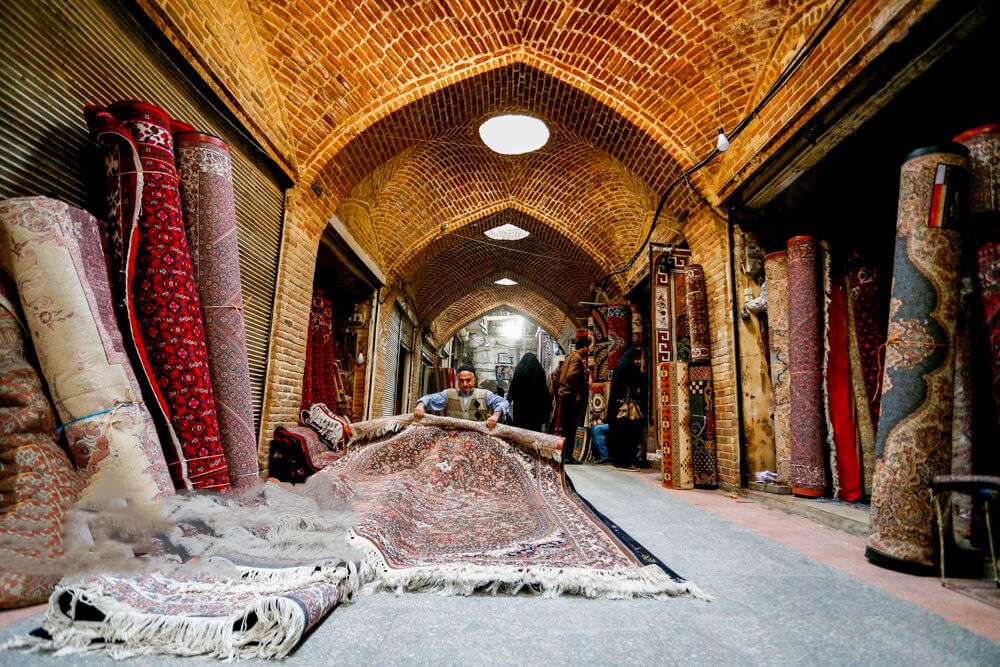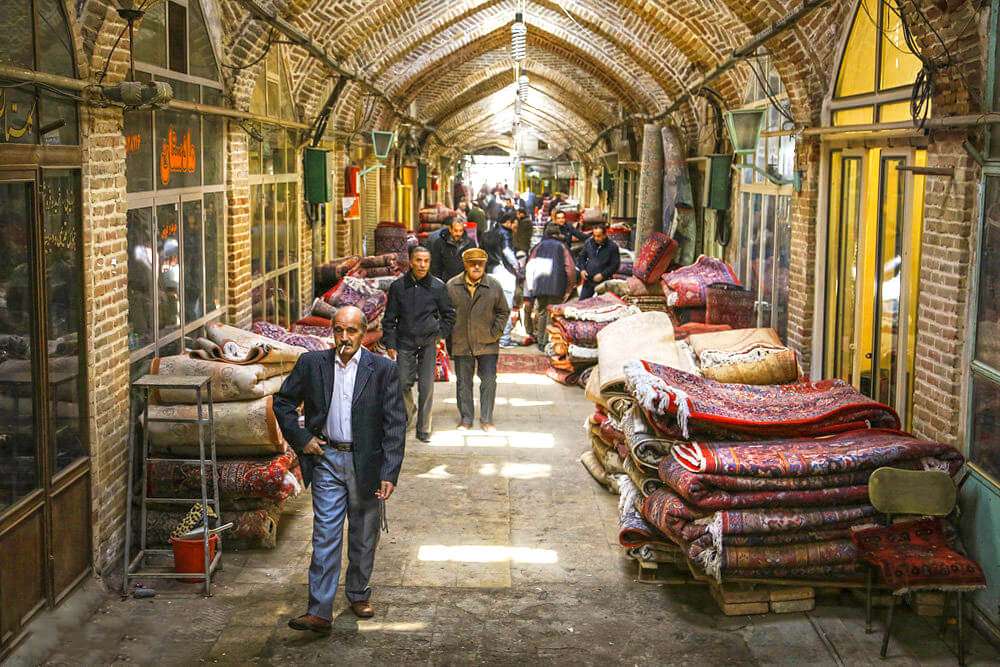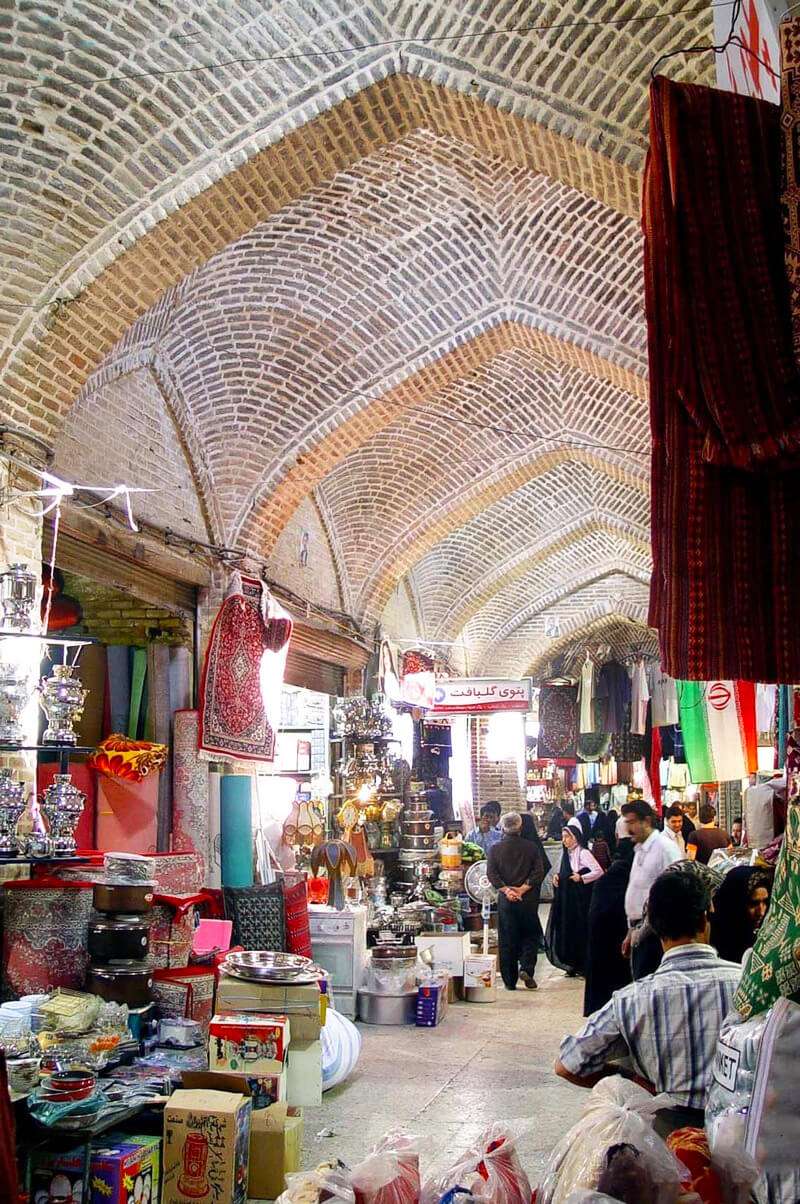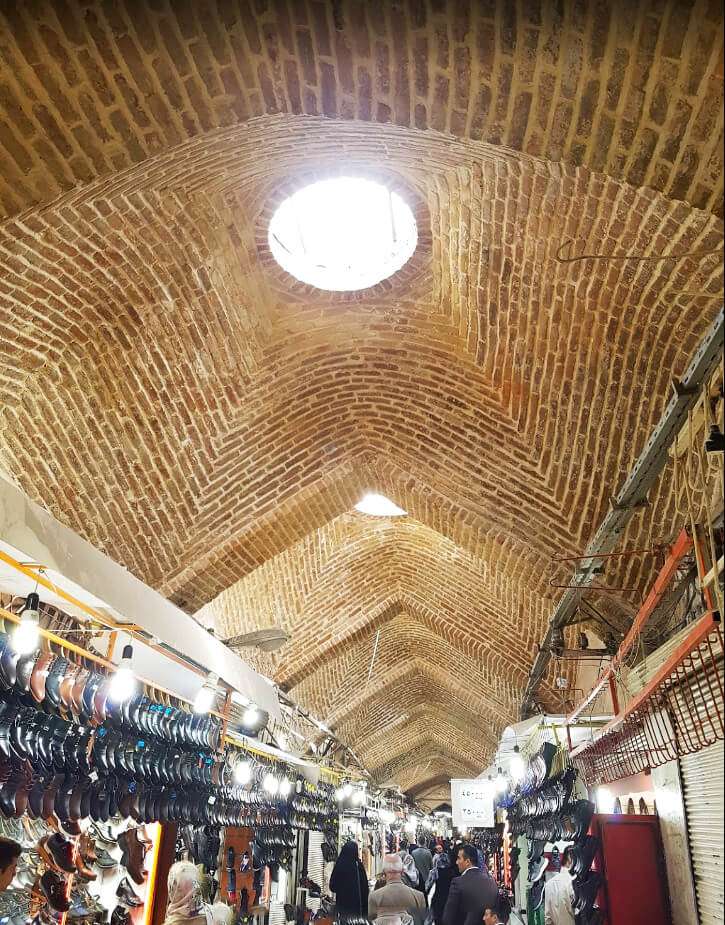Bazaar of Hamadan
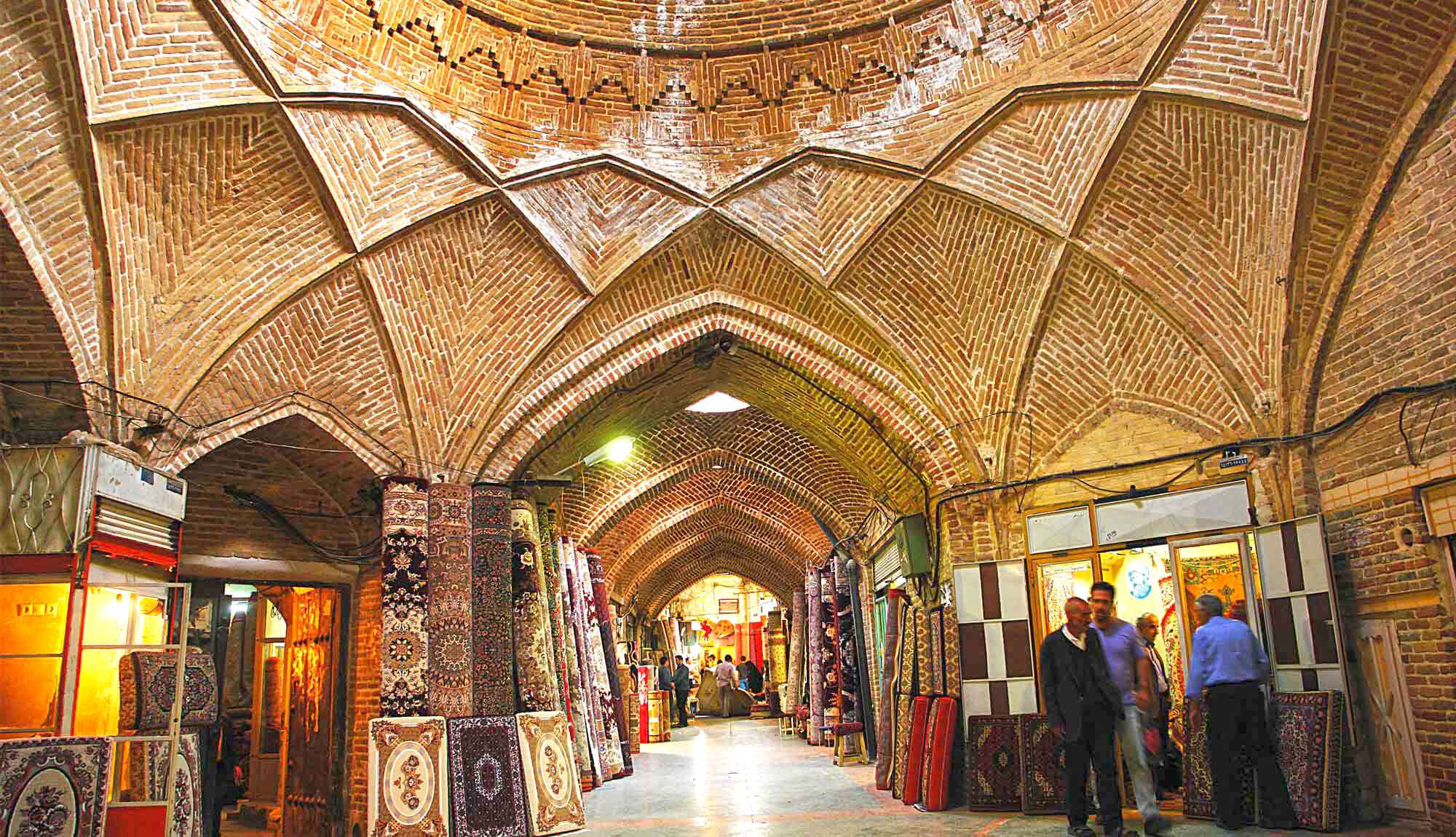
- Visiting
Bazaar of Hamadan in Hamadan
- ThemeHistory and Culture
- CodeIRSG284
- Duration1 hr(s)
Walking along the roofed traditional bazaar of Hamadan. It dates back to the Qajar era.
- Spring8:00-20:00 *
- Summer8:00-20:00
- Autumn9:00-18:00
- Winter9:00-18:00
* Best Time
Photos of the Bazaar of Hamadan
Explore the Bazaar of Hamadan
The Bazaar of Hamadan
Historically, the bazaars and market places have been considered as the most important axes and communication hubs of the cities. People from different neighborhoods of the town either worked in the bazaar or frequented it; as such, the bazaar became a unit were people from different places of the town came together. Over the years, they have seen the most active hustle and bustle in the cities, where not only money was exchanged for goods, but also the news was communicated since in the past the news was mainly communicated orally. The bazaars were decorated with lights for national as well as religious celebrations and closed down for mourning. Also, the merchants used to shut down the bazaar in an expression of their opposition to the adoption of certain policies or establishment of regulations by the government.
The city of Hamadan, as one of the oldest cities of Iran, was at the crossroads of important trade routes used by merchants across the continent. This, along with prosperous geographical conditions, made commercial prosperity possible. Prosperous commercial conditions paved the way for the establishment of the first private banks by the Jewish community in Agmatanu or Hamadan, in the 7th century B.C.
Consequentially, the bazaar of the town prospered over the years. It consisted of various rastehs (main passageways which house shops on their either side) and caravanserais. It was placed in the center of the city and was connected to important places such as the congregational mosque and public squares. According to William Jackson who visited the bazaar in 1904, this bazaar was no exception to the other bazaars of Iran with its 500 shops under a roofed structure, modeled after the Islamic architecture. Jackson has accounted that the most important traded goods of the bazaar were leather and leather products.
Rastehs were named after merchants or their commissioners such as Hosein Qani Rasteh, the professions that were concentrated in each rasteh such as zargarha rasteh (meaning the jewelers), religious places or titles such as the Qebleh rasteh, or certain social groups such as Nahavandiha rasteh. Additionally, a number of caravanserais were constructed which either borrowed their names from the names of the nearby rastehs or lent their names to them.
Since there are no factories in Hamadan today, most of its economy is based on agriculture, handicrafts, and commerce. The complex of the bazaar and the caravanserais consists of 36 bazaars and rastehs as well as 26 caravanserais. It was renovated in the Qajar period, but unfortunately, the bazaar’s peculiar structural features were lost due to more recent, careless reconstructions. Some parts of the bazaar are also in danger of being destroyed altogether. Although the modern Hamadan is the heir of the ancient one, it does not enjoy the commercial splendor of the old days.
Important Information
Additional Info
Hamadan is famous for its quality leatherware. In the bazaar you can find these products.
Cost Info
- Kabab in Bastan Restaurant -
- Kabab in Shandiz Restaurant -
